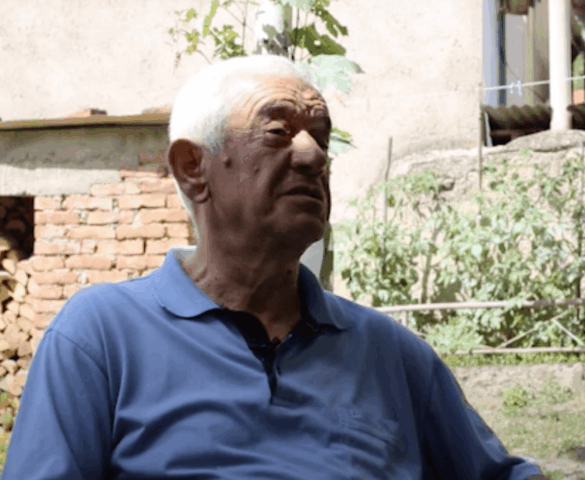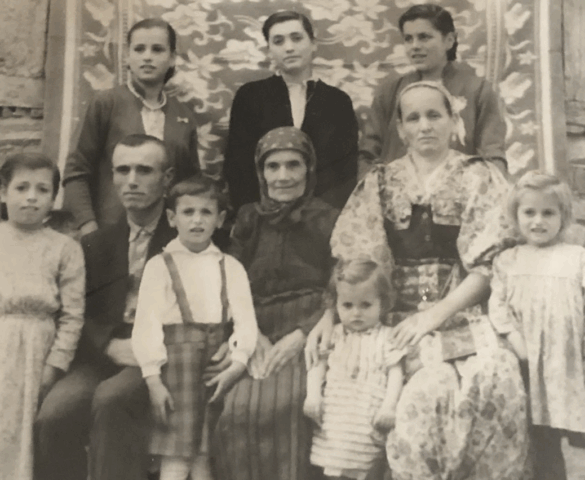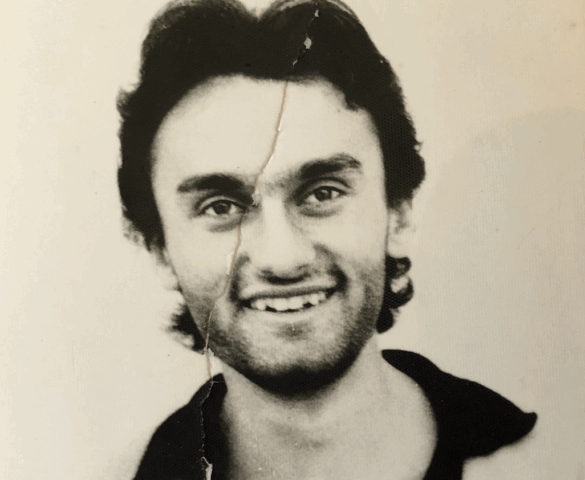I remember the end of the ‘60s when the Cultural Center was built. We got a screening room and then that was, the idea was that now we can go and watch Dean Martin and some cowboy movies and the like. Then it got easier and it was sweeter. Every Sunday, we would gather at the Center. There was folk dance, dance, live music. Of course, we created and financed that music, and so on.
I remember the time when we did not have enough money to buy more guitars, drums, more instruments that would help and improve the quality of those dances. Then, so to say, we nagged these people in the neighborhood, demanding them to invest a bit in the youth. ‘Invest, we need more money for this and that.’ So whenever there were those moments, we would collect the money and I recall that is how we founded the brass orchestra.”
We played local slow romance songs, beautiful city songs. But also, Tom Jones’s music was present, also the Beatles. So, we played both. Unfortunately, very little… we didn’t know, or I don’t know why, but folk music was played less, we were more interested in the music that was modern at the time. Songs of, for example, Miša Kovač, Jevremović, also our old Prizren songs, and so on.


